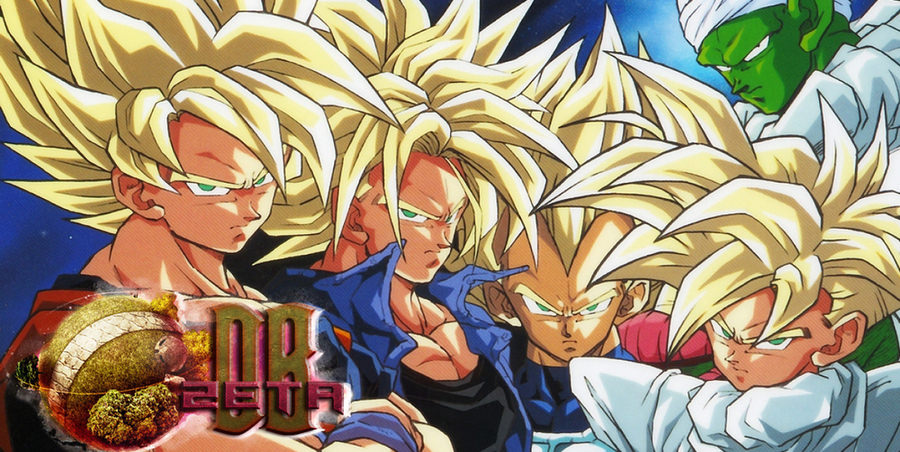Ultimate Cell said:
How would the government operate effective without risking nepotism and corruption? Wouldnt corruption be widespread since people who know the monarch favorable be assigned postitions they arent qualified to be?
That purely depends on the monarch in question. A reliable one will operate by a meritocratic principle or at the very least prepare those close to them into becoming becoming skilled for a position.
Nepotism is something that exists within all systems of power, not just monarchies. The majority of the world's wealth being held by a select few families and families acquainted with prior successes in politics such as the Kennedys and the Bushes have a far easier time rising into positions of power. It is a necessary evil as it comes as the result of the familial desire to help one's family or tribe flourish and that would be far easier to accomplish in a system where they know who will be their successor and the general line of successorship after that than with a system where their position is a temporary one to be replaced by someone unknown in several years' time who's duty it will be to clean up the mess.
What if the monarch is a complete jack ass and decides to pass punitive laws against the people?
That would depend on the punitive law in question. Some can be highly beneficial in making sure society doesn't become morally corrupt. In the context of the question, I'm assuming it's purely talking about the tyrannical nature. In that case, it would again purely depend on the state of the leader and whether or not his cabinet and inner circle can persuade him against any laws that would turn the system down the tyrannical route.
Again, this isn't a problem purely upon monarchies, however, as plenty of democracies and other governmental systems have given rise to tyrants, such as North Korea. Treating that as irrelevant to the current matter and just focusing on monarchies, the majority of time a law at the major detriment of the people will be due to either a monarch being too weak-willed to stop political corruption (eg. The child Emperor Liu Xie being unable to stop Dong Zhuo's rise) or from desperation due to a war compromising security and supplies. The latter is an expected response, whilst the former is indeed a flaw in monarchy. However, I wouldn't say it's a flaw that completely destroys the ideology when the pursuit of power is a constant throughout all forms of government and leadership.
and can monarchs work in modern times with how technology is nowadays?
I see no reason why technology would be a hindrance to the system. The middle eastern countries aren't that technologically behind the global superpowers, yet monarchy still prevailed in the countries that accepted it whilst the democratic countries had failures that produced ISIS. The only thing that would really be a hindrance in restoring faith in monarchism is the manner in which the modern education system tells the youth that monarchy = bad, democracy = good, but with the same system pretty much ostracising anyone who points out there are only 2 genders or that communism doesn't work, I think we can treat Big Brother's far-left messages with a grain of salt.
It's also worth noting that compared to democracies, which were a recent invention in the past few centuries that only came about through large and bloody conflicts such as the French and Russian Revolutions, compared to monarchy having been the natural status-quo that was accepted for all human societies from the dawn of civilisation until the French Revolution.

 but if theirs one thing you like about them, what'll it be?
but if theirs one thing you like about them, what'll it be?